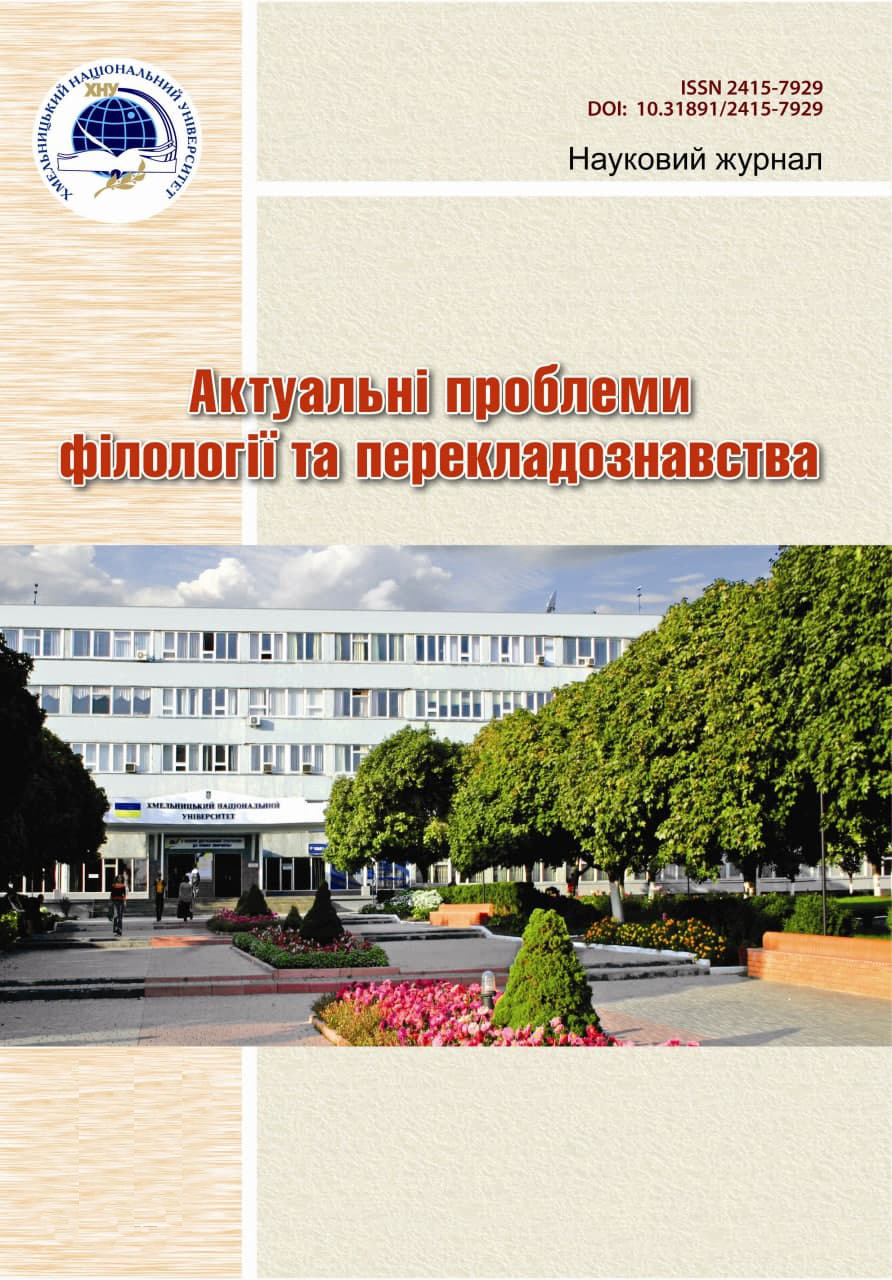«IAZYK MOY POUCZYTSIA PRAWDI TWOIEY»:SLOVENOROSKI INSERTIONS WRITTEN IN POLISH GRAPHICS IN LAZAR BARANOVYCH’S TREATISE
DOI:
https://doi.org/10.31891/2415-7929-2021-21-29Keywords:
Slavenorosska language, Slavenorosski insertions, Polish equivalents of Cyrillic letters, pronunciation of liturgical texts, phonetic features of Northern Ukrainian patoisAbstract
The article draws attention to the Slavenrosska phonetics analyzing the Slavenorosski insertions in Polish graphics in Lazar Baranovych’s theological treatise «Notiy pięć ran Chrystvsowych pięс» (1680). These insertions reflect that epoch’s tendencies in pronouncing the Slavenorosski texts by the speakers of Northern Ukrainian (Eastern Polisyen) patois, e.g. prove the well-established pronunciation of ѣ as [і]. The pronunciation of labials, velars, pharyngeal and [н’] before the front vowel [і] was systematically soft. The sibilant sounds, on the contrary, were hard (the corresponding letters were always followed with a y, not an i). The variations ri/ry, ti/ty, li/ly, si/sy, di/dy show an [и] sound was pronounced not different ones. It was the sound that replaced the former [i], and the history of language corroborates this fact. The monument presents the palatalized pronunciation of velars as well as the pharyngeal before the front vowel (it surely was [i]) replacing their hard pronunciation before vowels). The hard pronunciation of consonants before [e] and the fricative pronunciation of Slavenorosska г was confirmed.
The Cyrillic щ was pronounced as a combination of two hard sibilants [шч]. The treatise recorded the hard pronunciation of the final stem sound [р] while the etimologically soft pronunciation inside the stem systematically remains intact. The monument records the hard pronunciation of [ц] at the stem end of masculine nouns. The nominative and accusative forms of singular masculine adjectives are mostly pronounced with a reduced final [ǐ].
Proper names of Greek origin could have a fricative or, more rarely, a plosive pronunciation in lieu of γ, ѳ mainly sounded as [фт]. In the king’s name, it was transliterated as th.
Downloads
Published
Issue
Section
License
Copyright (c) 2021 О. ГЕРАЩЕНКО, А. ШТЕФАН (Автор)

This work is licensed under a Creative Commons Attribution 4.0 International License.

